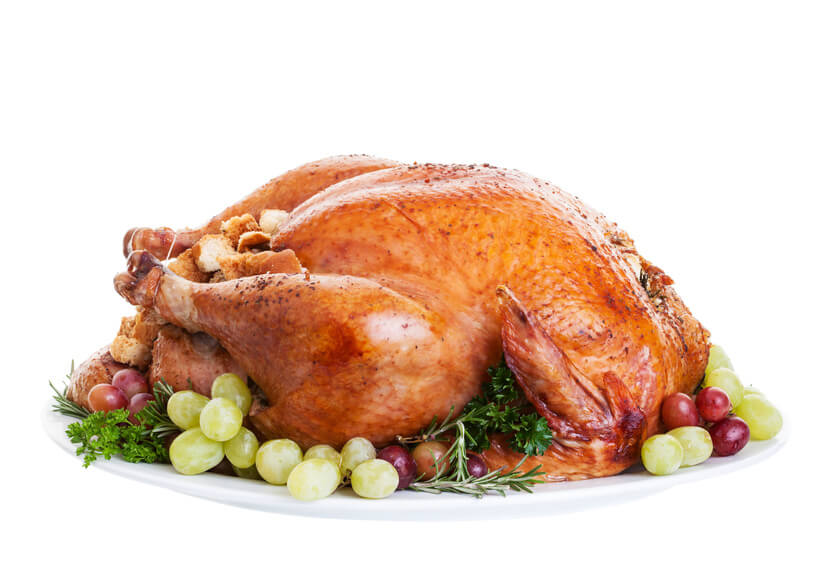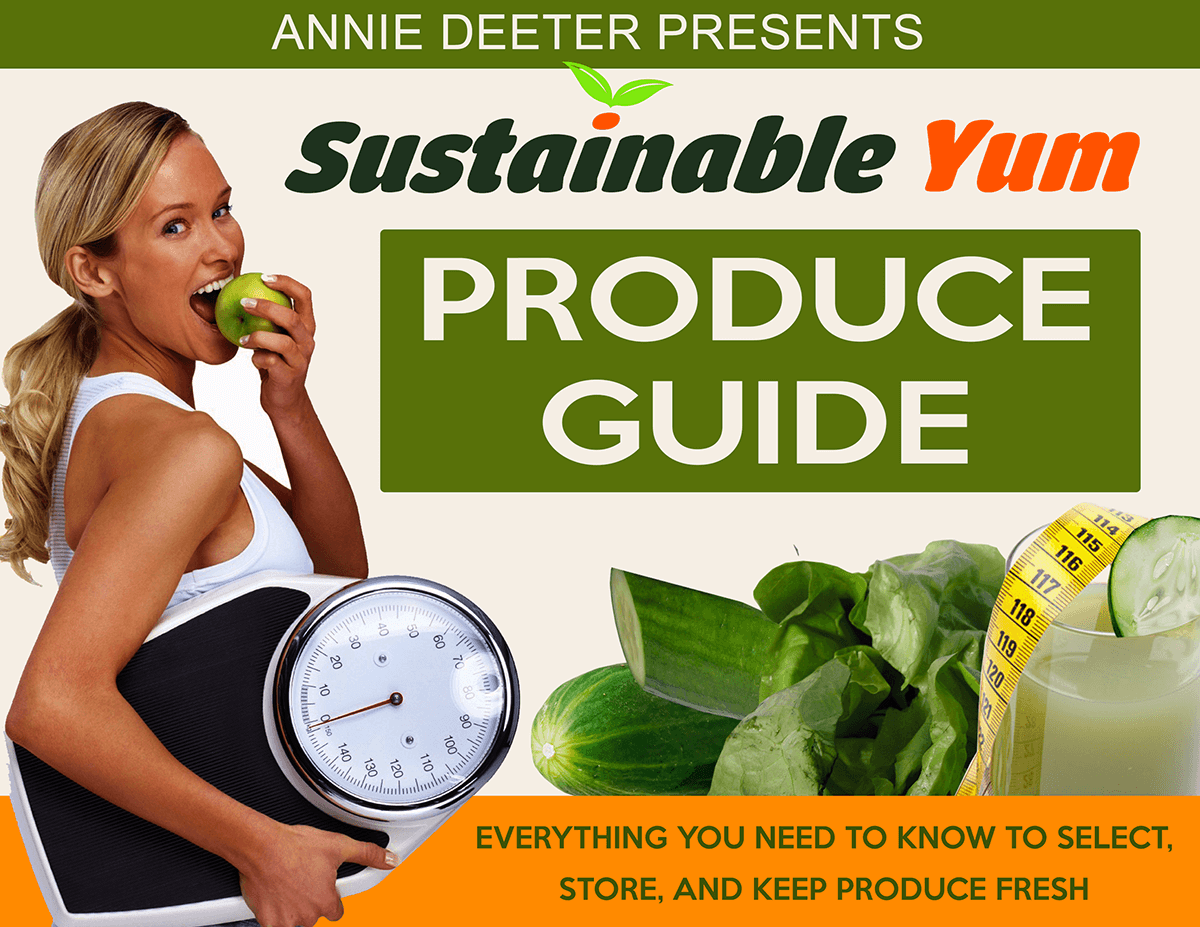 Choosing the right turkey for your table can be trickier than you might think. You need to decide what you actually want in a turkey to get this right.
Choosing the right turkey for your table can be trickier than you might think. You need to decide what you actually want in a turkey to get this right.
Need Foolproof? Go Self-Basting
If you’re looking for foolproof moist meat and are not a stickler for flavor or are intimidated by the entire idea of this holiday cooking thing, then a self-basting, injected bird is probably your best bet. Don’t ask too many questions about how it was raised, and select the brand name bird that is labeled ‘self basting’. You won’t need to brine it or worry too much about over-cooking, within reason.
More interested in turkey flavor and firm meat texture than foolproof moisture content?
If, on the other hand, you are all about the natural flavor of turkey, and you are at least somewhat confident you can avoid drying out the breast meat, (no worries, you’ll learn that secret here) then you will want a ‘natural’ bird, with no injected fluids, which is ‘minimally processed’. These birds are labeled as ‘natural’ and by law will also have additional information about their processing on the wrapper.
Kosher birds will have been rubbed in salt, which also helps retain moisture during cooking.
A Kosher bird will also carry a ‘natural’ label but will have been salted after slaughter. Kosher defines a particular level of humane slaughter which requires the bird to be conscious at the time of slaughter. Non-kosher birds may be stunned with a stun gun prior to slaughter.
Kosher birds will retain more moisture, and are more forgiving if slightly over-cooked for this reason. They are also often considered more flavorful, but this is really a function of the salt more than anything else.
Heritage Breed Birds Offer Exceptional Flavor and Texture
The birds with the best turkey flavor are the heritage breeds. These are breeds of turkeys which, unlike the modern turkey, have not been bred for larger breasts and fast growth, but are truer to the original domestic turkey breeds of the past.
They are slower growing birds, mate naturally, and live out of doors with plenty of space to roam around.
Pasture Raised or ‘Free Range’ – What This Means
To get the best nutrition, you’ll want a pastured bird. These are raised on pasture, eating bugs, grasses and wild plants. Their meat has higher Omega-3 fatty acids, and the sunlight and chlorophyll in their diets improves vitamin content and nutrition of the meat.
Pastured birds are not the same as ‘free range’, which is a labeling designation which is supposed to mean the birds have access to be out of doors. Free range means only that the facility where the birds are raised has access to some form of outdoor area, usually a cement slab, where the birds may get outside.
Some pastured birds are also certified organic. However, organic birds are not necessarily pastured birds. (See GMO free and Organic Turkeys, below).
Heritage breed turkeys definitely fair the worst if over-cooked, but they are the real deal when it comes to texture, firmness and that mildly gamey flavor only turkey can deliver.
Some other important questions you will want to consider when choosing your bird include “What about anti-biotics?”
If your answer to this question is a definite “No Thank You”, your choice of bird may be somewhat more limited, particularly when it comes to the self basting or injected variety. Antibiotics do cross over from poultry to humans, so it is a serious question to consider.
One label you will see a lot which means absolutely nothing, is ‘Hormone-free’. In the United States the law is that no hormones are permitted in poultry.
 GMO Free and Organic Turkeys
GMO Free and Organic Turkeys
Last, but certainly not least, is the issue of GMO free animals. These are animals that have never been fed genetically modified feeds. Brands such as Mary’s, Diestel and BN Ranch are non-GMO project verified. Additionally, to be labeled organic, a turkey should only have been fed organic feed, which would also eliminate any GMO feeds.If you’re buying from a small local farm that are not certified organic, you will want to ask if the birds have been raised on pasture or were fed a commercial turkey feed, and if that feed was GMO free. You can find local farms near you at http://www.localharvest.org/
Frozen Turkey or Fresh Turkey?
Finally, we need to address one last thing: frozen or fresh. Most turkeys sold in the marketplace are frozen.
Fresh turkeys are often frozen during shipping, If you’re picking up a turkey at the local butcher, check with them to be sure it will not still be frozen when you pick it up.
Otherwise, if you’re waiting until the last minute to pick it up (the day before Thanksgiving, for example) you’ll end up nursing it through cold water bath changes in a sink or cooler all night to have it thawed completely in time to get it in the oven for the big day. And no, you cannot cook a frozen turkey!
But the real question when it comes to fresh or frozen is the length of time a bird has been frozen. A fresh bird that froze on a truck for a day on its way to the shop is still a fresh bird. A turkey that’s been in the deep freeze for months is a very different experience – with less flavor and prone to a spongy texture.




Leave A Comment